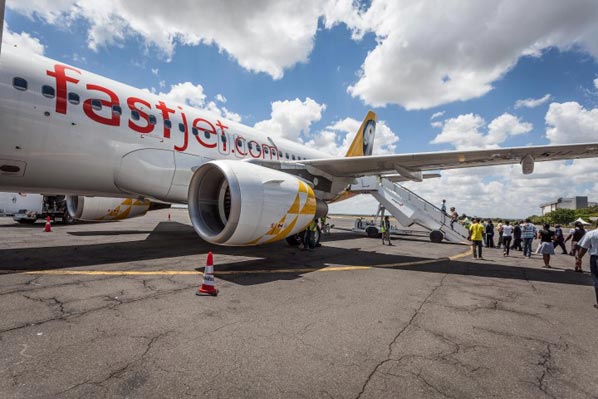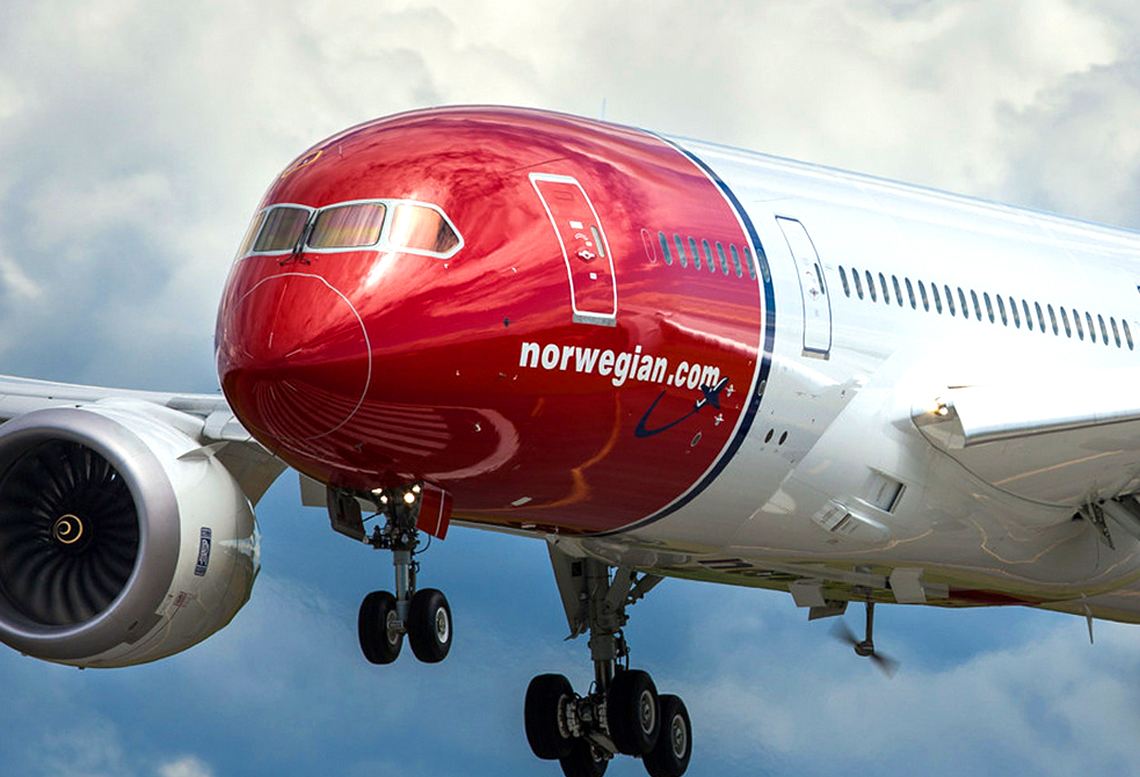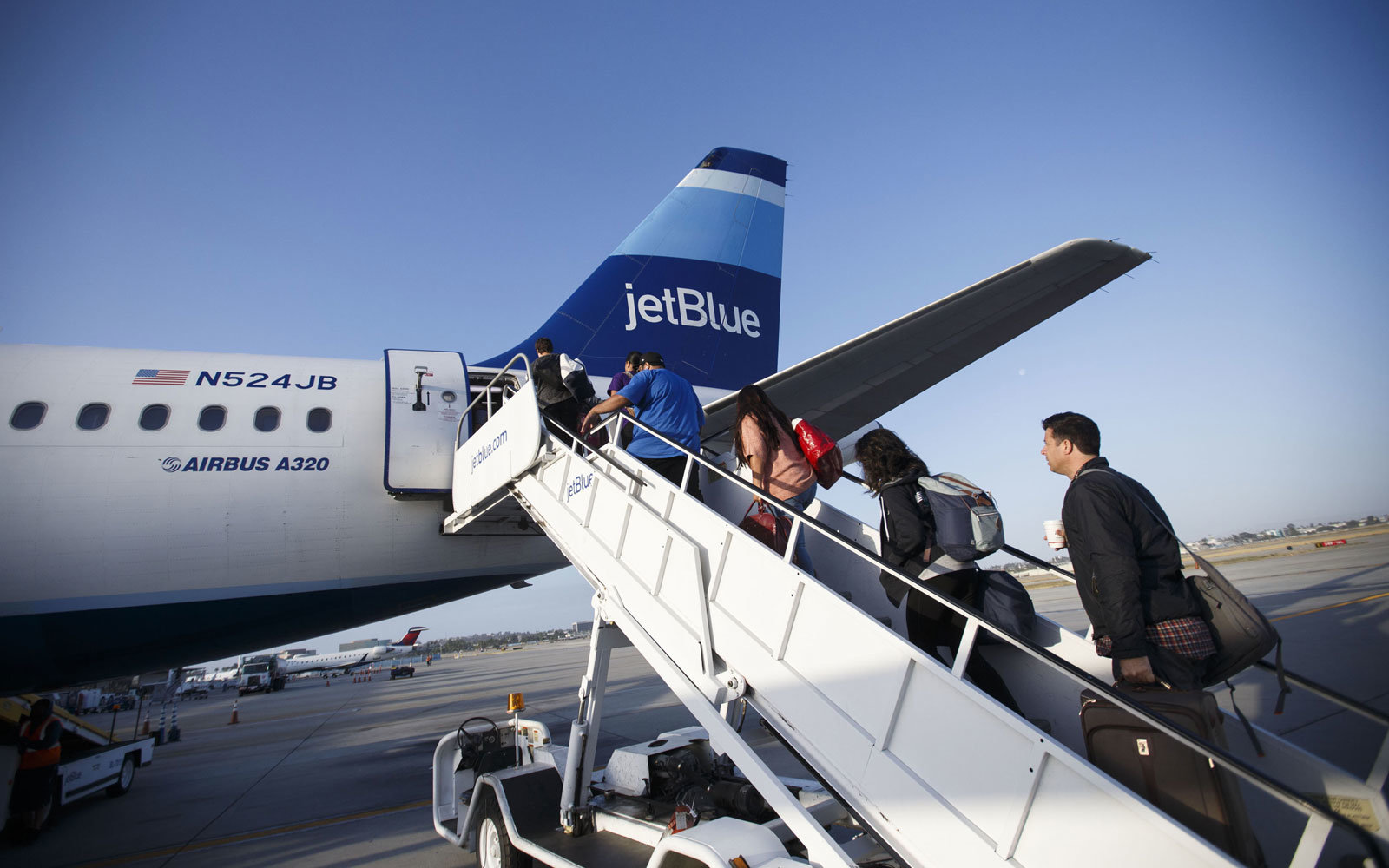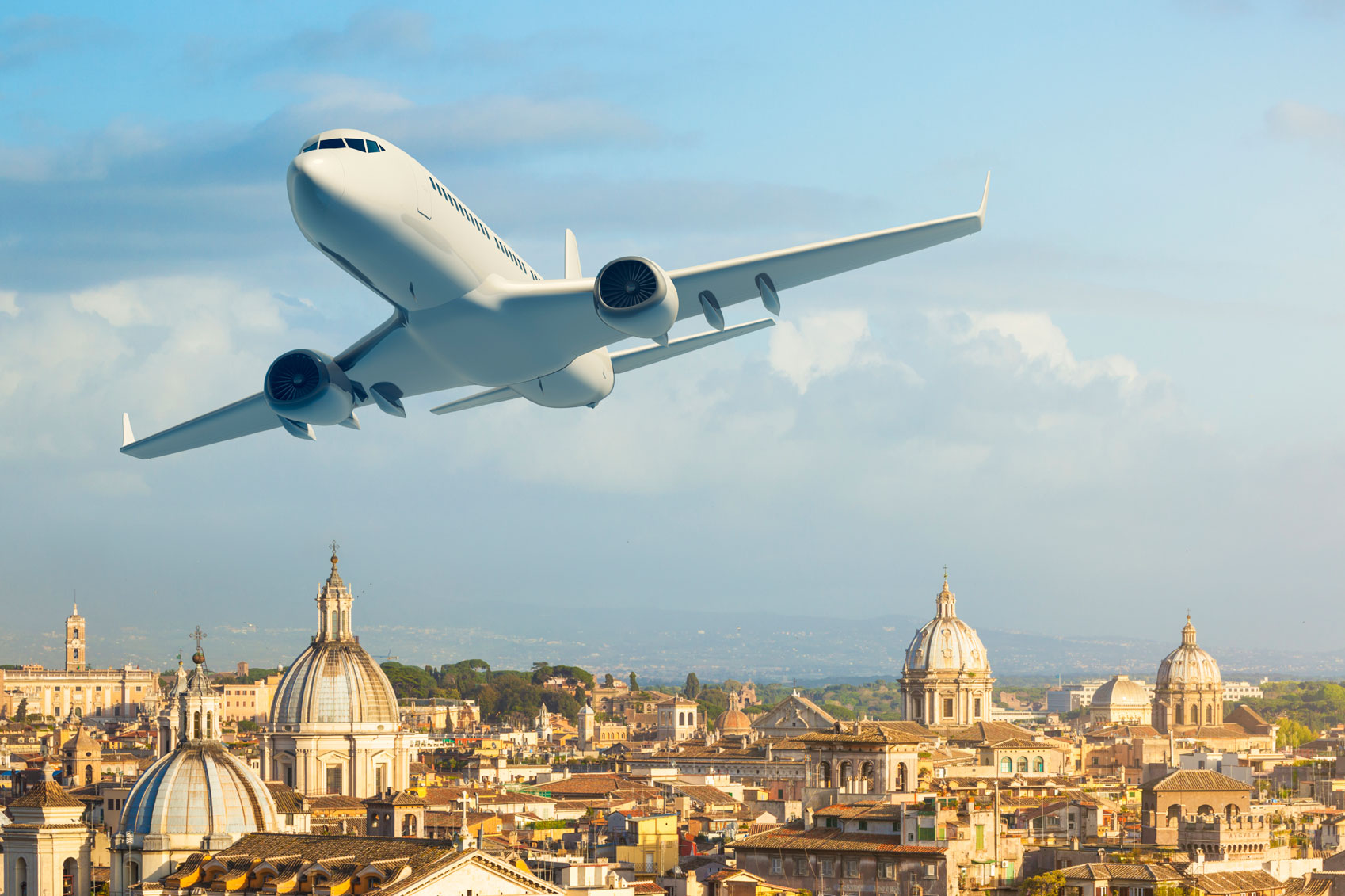3 hours ago
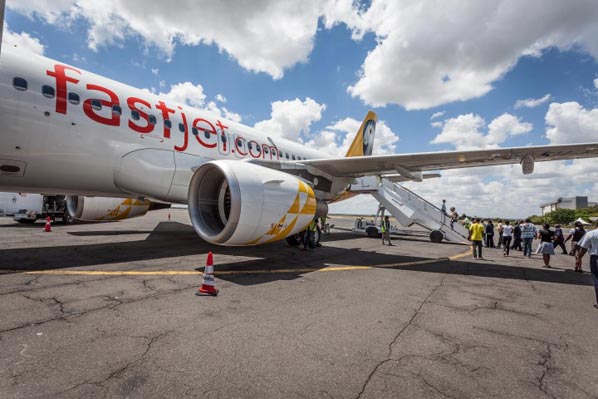
fastjet Tanzania, the low-cost pan-African airline, is celebrating the major milestone of flying one million passengers across the African continent.
This milestone, coming shortly after the airline’s second birthday celebration in November 2014, represents another significant achievement for the low-cost airline as it is embraced into the hearts and minds of travellers in Tanzania and further afield across east and southern Africa.
The first fastjet flights from Dar es Salaam to Mwanza in Tanzania took off in November 2012 and the airline has since flown more than 9,590 flights across its four domestic Tanzanian destinations of Dar es Salaam, Mwanza, Kilimanjaro, and Mbeya, and its four international destinations from Dar es Salaam to Johannesburg in South Africa, Lusaka in Zambia, Harare in Zimbabwe and Entebbe in Uganda.
Jimmy Kibati, fastjet general manager for east Africa, said that fastjet’s low cost fares had made air travel affordable and accessible to more Africans than ever before, enabling them to fly more often for business and leisure.
“fastjet Tanzania has sold just over 100,000 seats at our cheapest domestic and international fares of US$20 and US$50 respectively, and we have grown our fleet to three A319 aircraft,” Kibati added.
ADVERTISEMENT
“Furthermore, we have increased flights to more than 70 scheduled return flights a week across our domestic and international destinations.”
fastjet’s busiest destination from Dar es Salaam is Mwanza with nearly 440,000 passengers flying into and out of Mwanza since flights started in November 2012.
The airline revealed that it has carried nearly half a million items of baggage in line with its policy of charging passengers for items of luggage, which is consistent with low-cost airline best practice worldwide.
“This figure is an indication of how different passengers have different luggage requirements, with nearly half of all fastjet passengers travelling with no checked in luggage at all,” says Kibati.
“This shows that passengers are exercising their choice of how much they pay for their fares, making sure that those who are travelling without luggage are not subsidising those who do have luggage.”
Highlighting the impact that affordable air travel can have on the growth of African economies is the US$10 million figure in airport and government fees and taxes that fastjet Tanzania estimates it has collected from its passengers on behalf of the various countries and airports that it flies to and from.
“A less conventional aviation reporting figure, but one that indicates how low-cost air travel can have a very positive, if unexpected, impact on trade and commerce points is the 35,000 pales of fish weighing an approximate 700,000 kilograms that fastjet carries on our Mwanza – Dar es Salaam route,” said Kibati.

